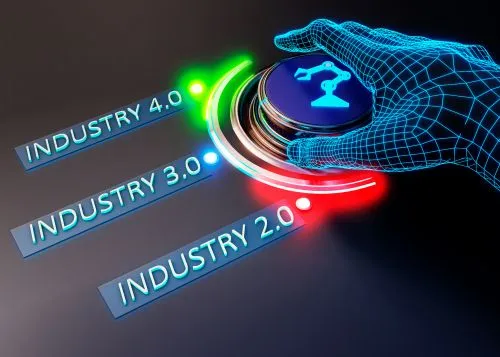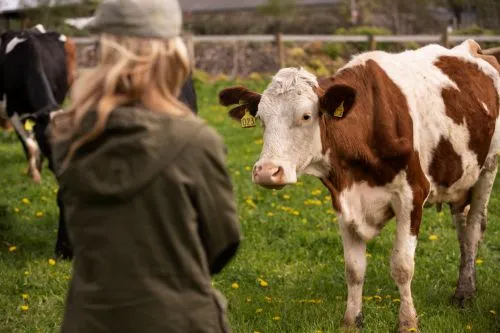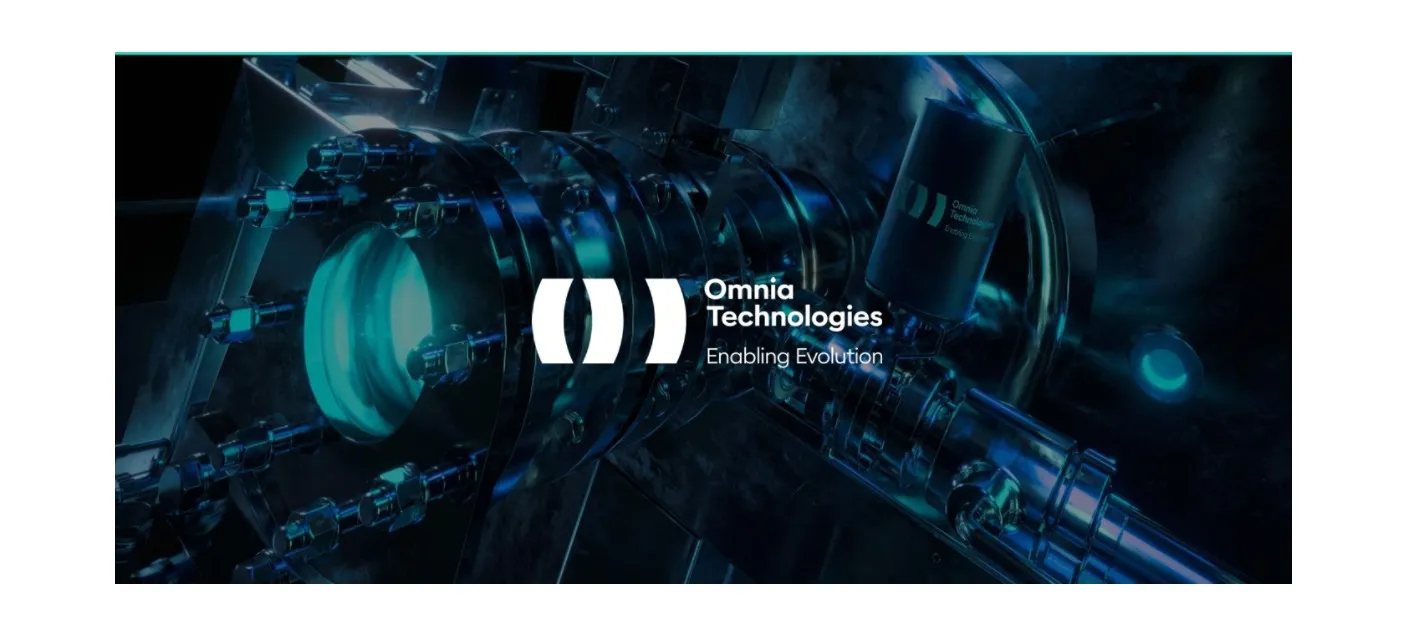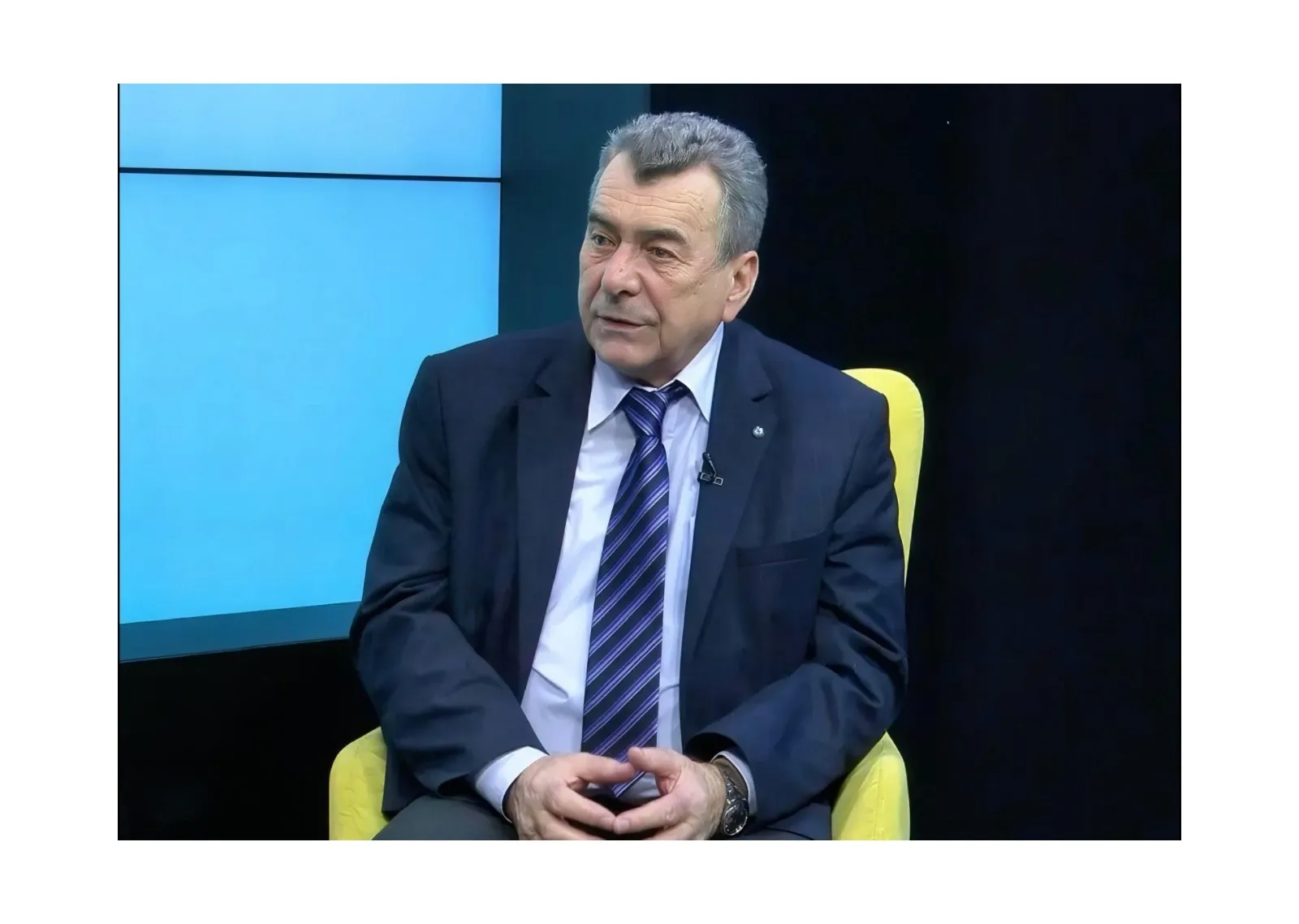1082
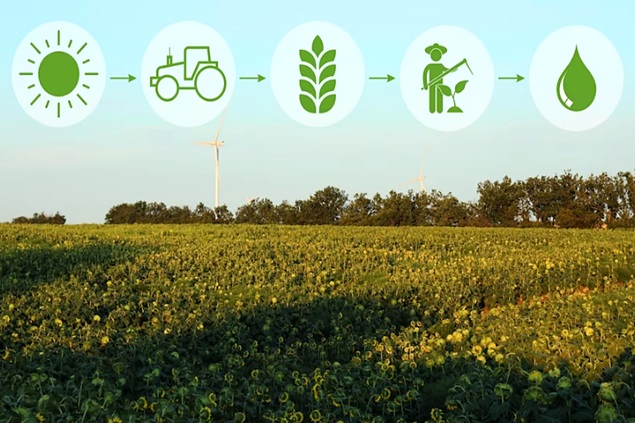
According to Euractiv, the European Parliament's Agriculture Committee has proposed expanding the scope of the new EU framework for certifying carbon removal in agriculture, including remunerating and trading negative emissions certificates.
An adopted opinion
During its first meeting after the summer break, the committee adopted an opinion on the European Commission's proposal for a EU-wide framework for carbon removal – i.e., carbon sequestration from the atmosphere through technical solutions and nature-based approaches, such as storing carbon in trees or soils.
The Member of Parliament leading the file in the Agriculture Committee, Czech liberal MEP Martin Hlaváček, welcomed the "broad majority" that voted in favor of his draft.
"The vote confirmed that to ensure the voluntary adoption of carbon farming practices by a significant number of farmers in the future and to maximize their potential for generating carbon removals, a tailored approach for agriculture and forestry is needed," he told EURACTIV.
The Commission's proposal, presented last November, sets EU-wide standards for certifying carbon removal, including in agriculture, but remained silent on whether these certificates should be traded on carbon markets or otherwise remunerated.
For agriculture committee lawmakers, this doesn't seem to be enough: in their view, they propose several amendments to the text that emphasize monetizing and trading carbon farming certificates.
While the Commission's original text relies on the "incentive effect of certification" for carbon removals, the committee's version adds that incentives should also come through the "monetization" of such certificates.
In addition to quality criteria for carbon removal and rules for their verification and recognition, the legislation's scope should also include "transition rules for the final use of certified units," according to the committee.
Funding from carbon markets
Specifically, lawmakers propose that "until the entry into force of EU rules on environmental claims," farms should be able to use the certificates "for voluntary climate claims," as long as this does not interfere with achieving greenhouse gas emission reduction targets.
The Directive on Environmental Claims, proposed by the European Commission in March this year, proposes rules to ensure that companies' claims, including carbon neutrality, are substantiated and are currently being debated by Parliament and EU countries.
Whether and how carbon farming emission certificates should be traded on public or voluntary carbon markets is among the most hotly debated questions regarding the Commission's proposal.
While farmer representatives and some lawmakers have stressed the importance of turning carbon farming into an additional source of income for farmers, environmental activists have argued that incentives should come from public funding rather than carbon markets, as the latter would risk allowing other companies to offset their carbon footprint.
What does carbon farming mean?
Meanwhile, the committee's opinion also proposes expanding the definition of what qualifies as carbon farming to include not only "carbon removal activities" but also a simple reduction of agricultural emissions.
It also proposes to weaken the definition of "permanent carbon storage": while the initial proposal requires a carbon reservoir to last "several centuries" to be considered permanent, the committee's opinion speaks of a "significant period of time."
The Agriculture Committee's opinion is the first assessment of the Commission's proposal from the European Parliament. However, the main committee on this topic is the Environment Committee (ENVI), which has not yet adopted its version of the text.
Meanwhile, Hlaváček from DG AGRI stressed that he will now "focus on the dialogue with colleagues from the ENVI Committee to have the best possible outcome in their future report."
